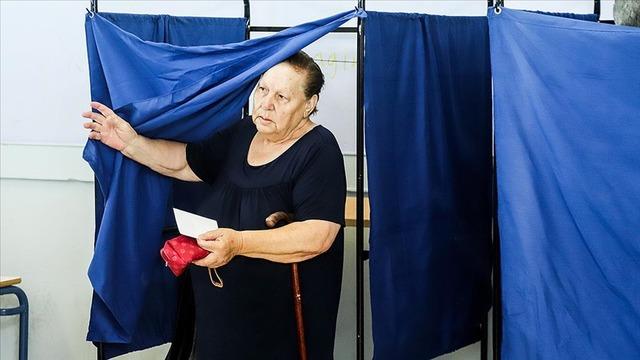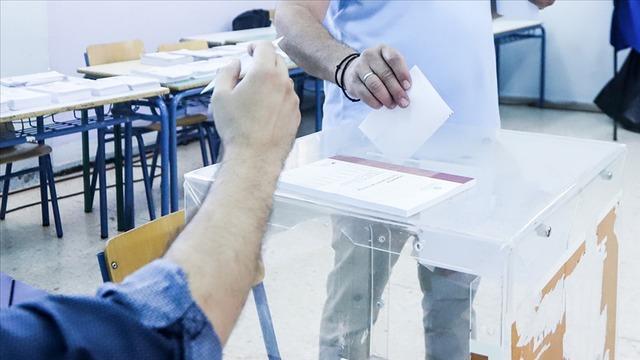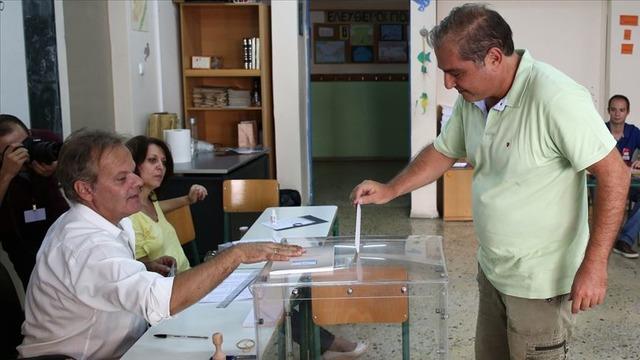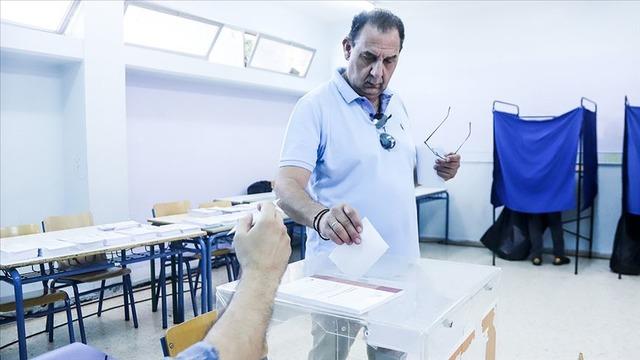After the first round in neighboring Greece, which did not conclude on May 21, election excitement is experienced once again today. According to the survey results, New Democracy is ahead in the competition between the New Democracy and SYRIZA parties. Mitsotakis had given messages that he did not favor the coalition after the results of the first round of elections. Here are all the details of the election in Greece…
THE PARTIES CANNOT CATCH THE POWER ALONE
As a result of the general elections held on May 21 after 4 years in Greece, the voters go to the polls for the second time today as per the constitution, after the government could not be formed.
According to the result of the ballot box on May 21, the New Democracy Party, which ruled the country alone in the 2019-2023 period, came first, but could not reach the 151 seats necessary for it to come to power alone due to the new election system.
New Democracy’s 40.79 percent of votes allowed the party to send 146 deputies to the 300-seat parliament.
Radical Left Alliance (SYRIZA), the main opposition party of the 2019-2023 period, followed New Democracy with 20.07% of the vote and 71 deputies.
The centre-left Panhellenic Socialist Movement (PASOK), which has been the number one rival of New Democracy for decades, but whose vote rate declined during the economic crisis, partially regained its lost power and took the third place with 11.46 percent of the votes and 41 deputies.
The Greek Communist Party (KKE), one of the ossified parties of the Greek Parliament, won the right to represent in the parliament with 7.23 percent of the votes and 26 deputies, while the Greek Solution Party, known for its far-right attitude, won the right to represent in the parliament with 4.45 percent of the votes and 16 deputies.
The number of parties that have passed the 3 percent electoral threshold and qualified to enter the parliament has become 5.
ELECTION SYSTEM
According to the electoral system implemented for the first time this year in Greece, the first party that comes out of the ballot box is not given extra parliamentary seats, but if a government cannot be formed, when the first party goes to the ballot box for the second time, 20 to 50 MPs are given extra in the 300-seat parliament, depending on the vote rate, provided that the first party gets at least 25 percent of the votes.

Thus, the deadlock in the search for a coalition is tried to be overcome with the support given to the first party.
GOVERNMENT FAILED ON MAY 21
In the general elections held in the country on May 21, while no party had the rate of votes to come to power alone, New Democracy missed this opportunity with only 5 seats, leading to the second ballot.
New Democracy leader Kiryakos Mitsotakis, in a statement right after the election, interpreted the result of the ballot box as the people want a strong government that came to power alone instead of a coalition.
The bureaucratic process for coalition work was completed, but the leaders did not actually make an effort to form a coalition.
The fact that New Democracy will not favor any coalition and aim for the extra seats to be given at the second ballot has turned the coalition work into a technical process that just needs to be overcome.

WHAT DO THE SURVEY SAY?
According to the survey commissioned by Pulse research company for SKAI TV, the difference between New Democracy and SYRIZA is 19.5 percent.
In the survey commissioned by ALCO research company on behalf of Alpha TV, the difference between New Democracy and SYRIZA is 21.1 percent. According to the survey, New Democracy exits the ballot box with 39.5 percent of the vote, while SYRIZA, which comes right after it, has 18.4 percent of the vote.
The PASOK-KINAL Alliance, which appears 3rd in all the polls, aims to rise to the main opposition by retrieving the center-left votes it lost to SYRIZA during the economic crisis, although it has about 10 percent of the votes.

THEY WILL PARTICIPATE IN THE ELECTION
According to the court decision, 26 political parties, 4 party alliances and 2 independent candidates were allowed to participate in the elections.
9 million 813 thousand 595 voters registered in the electoral roll will vote in 21 thousand 634 election centers across the country today.
(AA)
